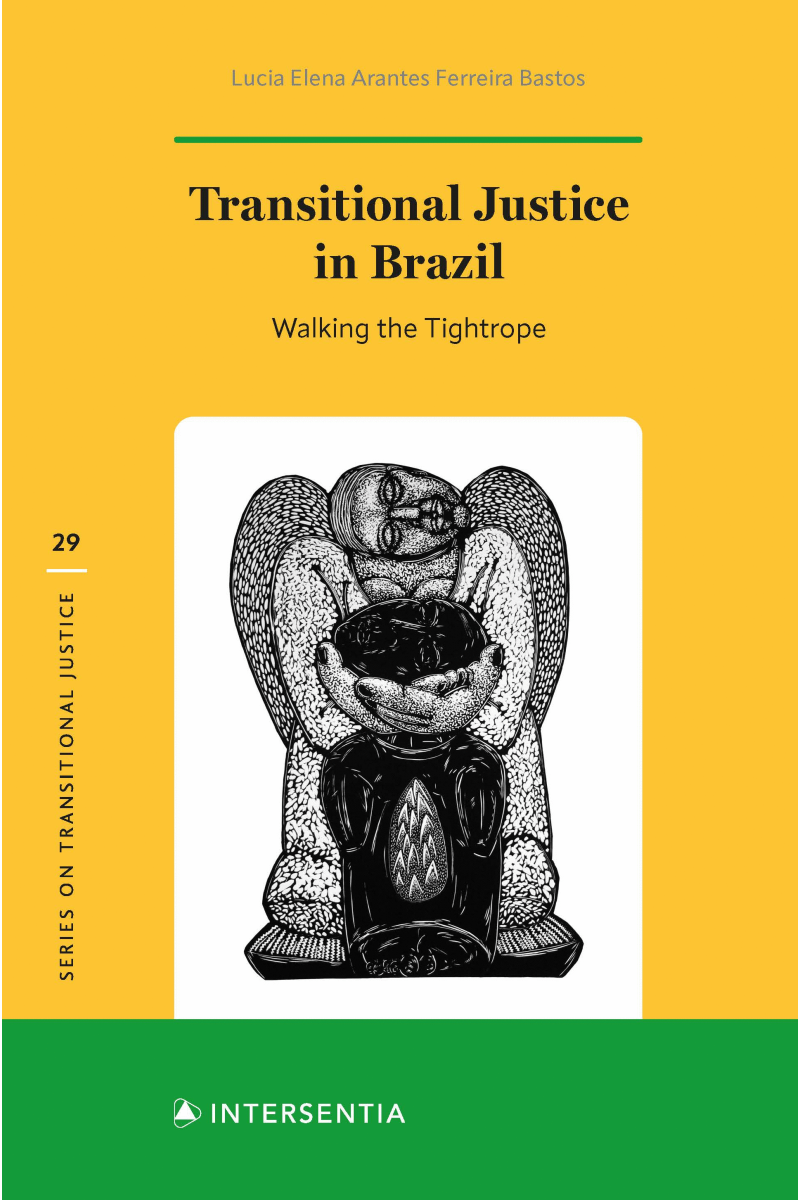 maestro
mastercard
visa
maestro
mastercard
visa

Transitional Justice in Brazil
Walking the Tightrope

After a period of authoritarian regime like those in Latin America during the 70’s and 80’s, a transition, a transition to democracy usually raises questions such as “Who will be held accountable?”, and “Who deserves reparations?”. At the same time, in the foreground of the debate is the threat to the stability of the regime: “How can we balance competing moral imperatives, reconcile legitimate claims for justice with equally legitimate claims for stability and social peace, and foster the relationship between justice for crimes of the past and a democratic order?”
With respect to the problems confronted by Brazil throughout its transition process, the main challenge has been the very long nature of this transition, which has given rise to different politics of memory in a context of persistent social and economic inequalities and continuing instances of police brutality. In addition, many issues regarding the recent past are still ongoing; for instance, there are still efforts to elucidate human rights violations and to implement trials for their perpetrators 37 years after the end of the dictatorship. At the same time, there is a challenge to the 1979 Amnesty Law, a discussion about the reparation programs implemented in 1995 and 2002, and the hope that the recommendations of the 2014 National Truth Commission will finally be implemented. There is also a debate about the construction of official memory from that period of history.
Under this specific scenario, following the authoritarian regime (1964-1985) and in the midst of the reconstruction of democracy, the book assesses the mechanisms most commonly associated with Transitional Justice, such as amnesties versus criminal prosecutions, non-judicial truth-seeking commissions to expose human rights violations, and reparations for victims. A comprehensive analysis of how these pillars have (or have not) been implemented throughout the last few decades in Brazil is carried out.
The book offers a holistic approach to Transitional Justice, covering not only the governmental measures seeking reconciliation and accountability, but also the role of civil society organizations in the search for truth, justice, and memory. In addition, it proposes a discussion about the violations of the human rights of indigenous people during the dictatorship (1964-1985); it investigates the role of gender in Brazilian Transitional Justice measures, and initiatives towards visibility, recognition and transformation; as well as the role played by complicit corporations and private actors.
In summary, based on the social dynamics operating in the specific historical context of post-authoritarian Brazil, the book attempts to create an accurate and clearly defined timeline of Transitional Justice in Brazil.
Lucia Elena Arantes Ferreira Bastos obtained a Ph.D in International Law from the Faculty of Law of the University of São Paulo (USP). Her research comprises International Human Rights, Transitional Justice, and Amnesty Laws. Lucia held a post-doctoral researcher position in the Center for the Study of Violence in the University of São Paulo (NEV/USP). She has received scholarships from the National Council for Scientific and Technological Development of Brazil (CNPq) and from the State of São Paulo Research Foundation (FAPESP).
| Type of product | Book |
|---|---|
| Format | Hardback |
| EAN / ISSN | 9781839703270 / 9781839703874 |
| Series name | Series on Transitional Justice |
| Weight | 1580 g |
| Status | Available |
| Number of pages | xxii + 325 p. |
| Access to exercice | No |
| Publisher | Intersentia |
| Language | English |
| Publication Date | May 4, 2023 |
| Available on Strada Belgique | No |
| Available on Strada Europe | No |
| Available on Strada Luxembourg | No |
Downloads
- Table of Contents and Preliminary Pages
Lucia Elena Arantes Ferreira Bastos - Chapter 1: Introduction: Historical Perspectives from the Brazilian Dictatorship and Transitional Justice Measures
Lucia Elena Arantes Ferreira Bastos - Chapter 2: Options for Impunity and Amnesty: Forgetting the Past
Lucia Elena Arantes Ferreira Bastos - Chapter 3: Victims’ Reparations Program
Lucia Elena Arantes Ferreira Bastos - Chapter 4: Criminal Justice and Judicial Accountability
Lucia Elena Arantes Ferreira Bastos - Chapter 5: The Truth-Telling Process
Lucia Elena Arantes Ferreira Bastos - Chapter 6: The Role of Civil Society and NGOs in the Quest for Truth, Justice, and Memory
Lucia Elena Arantes Ferreira Bastos - Chapter 7: Redressing Violations of Indigenous Rights
Lucia Elena Arantes Ferreira Bastos - Chapter 8: A Gendered Approach to Brazilian Transitional Justice
Lucia Elena Arantes Ferreira Bastos - Chapter 9: The Complicity of Corporations and Private Actors During the Dictatorship
Lucia Elena Arantes Ferreira Bastos - Chapter 10: Final Remarks: The Limits and Possibilities of Transitional Justice in Brazil
Lucia Elena Arantes Ferreira Bastos - Bibliography
Lucia Elena Arantes Ferreira Bastos - Index
Lucia Elena Arantes Ferreira Bastos